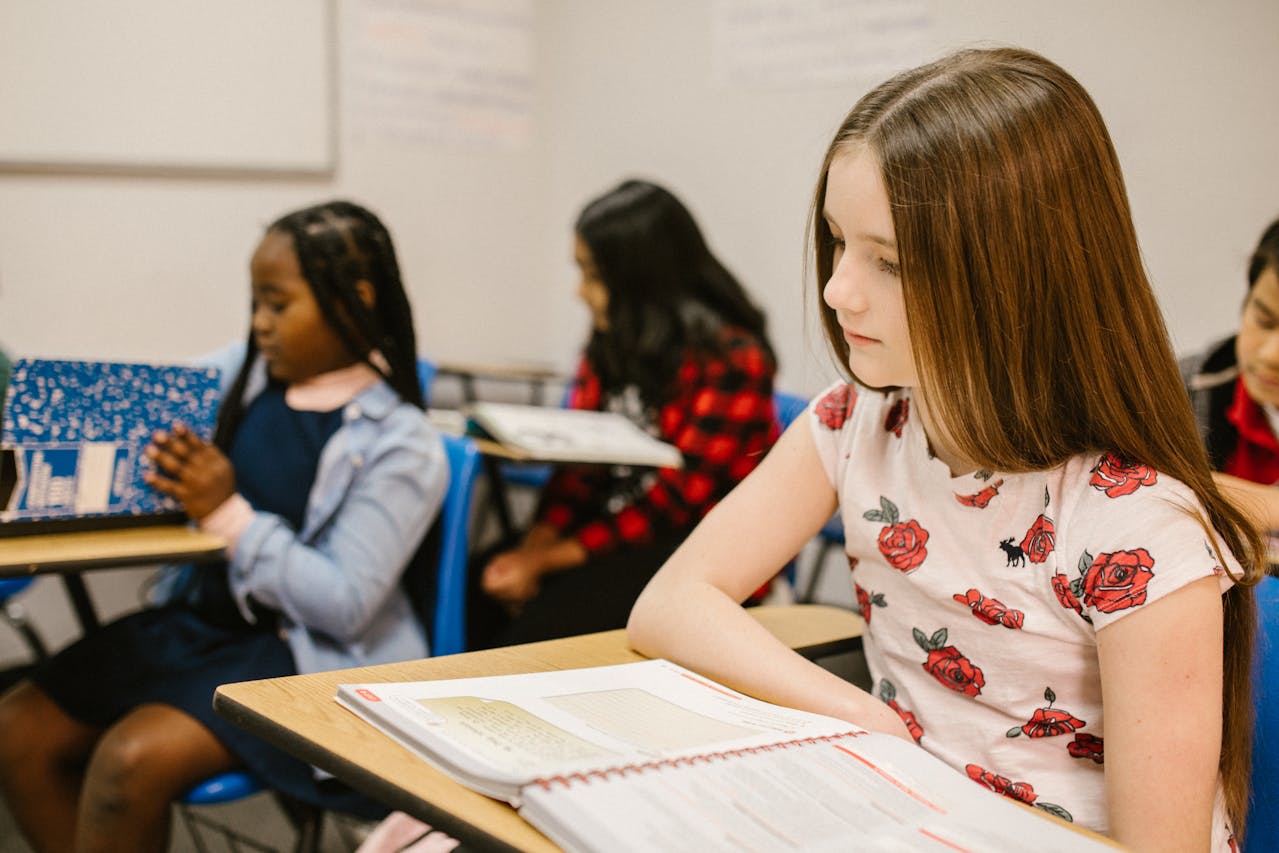As the new school year begins, many parents are grappling with their children's negative feelings toward school. Some experts suggest that the issue may lie not with the students but with the traditional education system itself.
Explainer As A Former DC Cop, The Federal Takeover Was The Right Move
Kerry McDonald, author of "Joyful Learning: How to Find Freedom, Happiness, and Success Beyond Conventional Schooling," argues that prioritizing curiosity and autonomy in education can lead to more engaged and happier students. McDonald draws on research, personal experiences, and stories from families and educators to support her claims.
"When curiosity and autonomy are prioritized over compliance and standardization, children often learn more — and enjoy it," McDonald stated. Her insights come at a time when many parents and educators are questioning the effectiveness of a school system designed in the mid-1800s.
Parents are increasingly seeking alternatives to traditional schooling. Options such as microschools, hybrid schools, and à la carte education programs are gaining traction. Microschools, which offer personalized learning environments, are particularly popular among families looking for more tailored educational experiences.
In Florida, for instance, education savings accounts (ESAs) have facilitated the growth of diverse learning options. These accounts allow funding to follow students to various educational settings outside their assigned district schools. As of now, 35 states, along with Washington, D.C., and Puerto Rico, have implemented school choice programs that support such initiatives.
Iman Alleyne, founder of Kind Academy in Coral Springs, Florida, exemplifies this trend. Established in 2016, Kind Academy features mixed-age classrooms and a flexible learning environment. "We wanted a better environment for our son and ourselves," Alleyne explained. She has also initiated a program to assist other educators in opening similar microschools.
Critics of the traditional education system argue that it often leads to student disengagement and burnout. Many parents report that their children express a dislike for school, prompting them to explore alternative educational models. According to McDonald, if a child who once loved learning now dreads school, it may indicate a mismatch between the child's learning style and the conventional school environment.
"If they put in effort when something is important to them, are honest when they mess up, and show basic respect to others, the issue probably isn’t their character," McDonald noted. This perspective resonates with parents who are increasingly unwilling to accept the limitations of traditional schooling.
As the education landscape evolves, both parents and teachers are finding inspiration in resources like "Joyful Learning." The book serves as a guide for creating new learning centers while also critiquing conventional schooling practices. It emphasizes that education can be effective without being bleak, advocating for a more joyful approach to learning.
As the school year progresses, parents and educators are encouraged to reflect not only on what children are learning but also on how they are experiencing their education. With a growing array of alternatives available, the conversation around educational reform is likely to continue gaining momentum.
Why it matters
- Parents are increasingly concerned about children's negative feelings toward traditional schooling, prompting a search for alternatives.
- Experts argue that prioritizing curiosity and autonomy in education can enhance student engagement and happiness.
- The rise of microschools and flexible learning environments reflects a shift away from conventional education models.
- Education savings accounts in 35 states are facilitating diverse learning options, allowing funding to follow students.
What’s next
- Parents are encouraged to explore alternative education models as the school year progresses.
- Educators may consider implementing insights from 'Joyful Learning' to enhance student experiences.
- The conversation around educational reform is expected to continue gaining momentum this school year.
